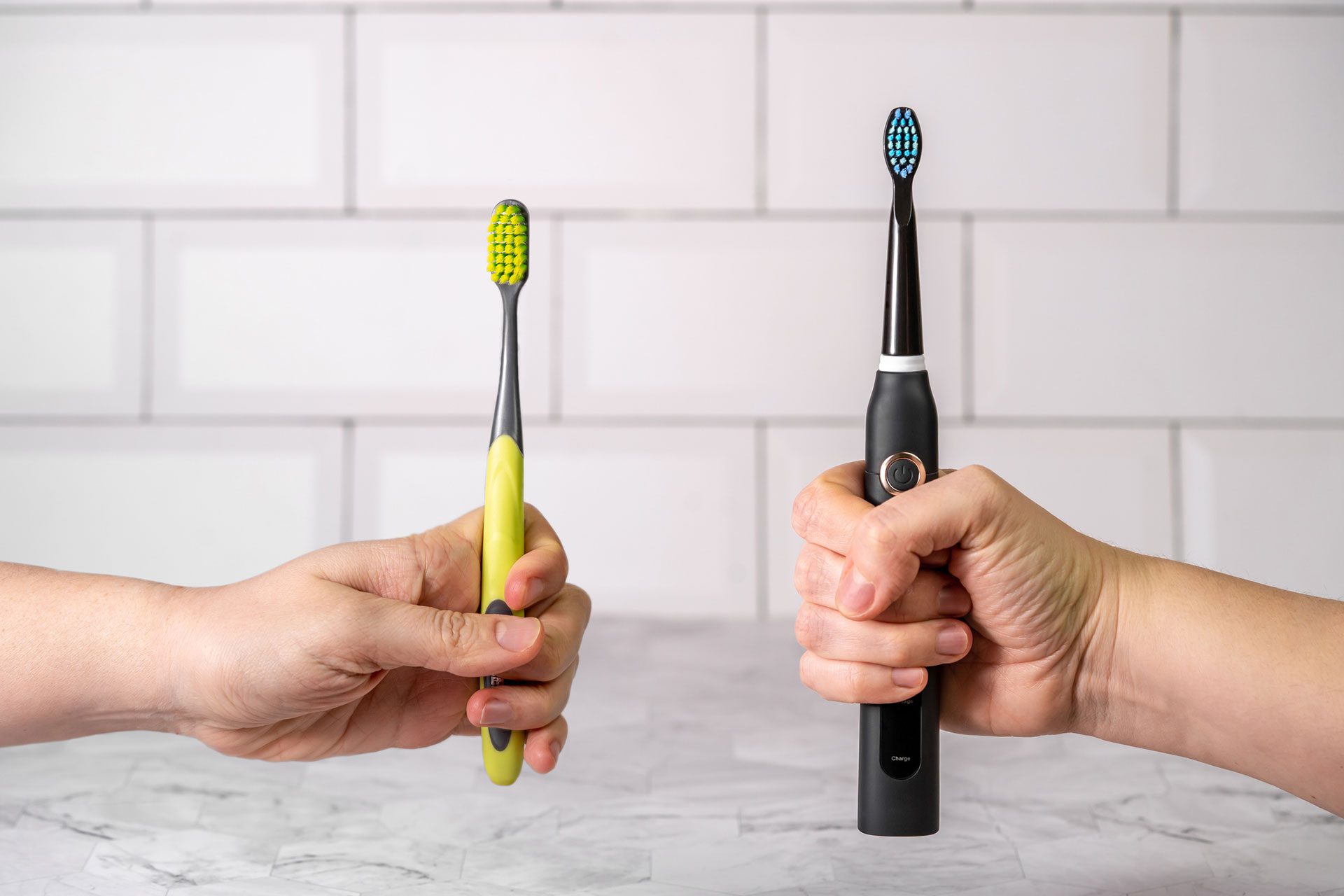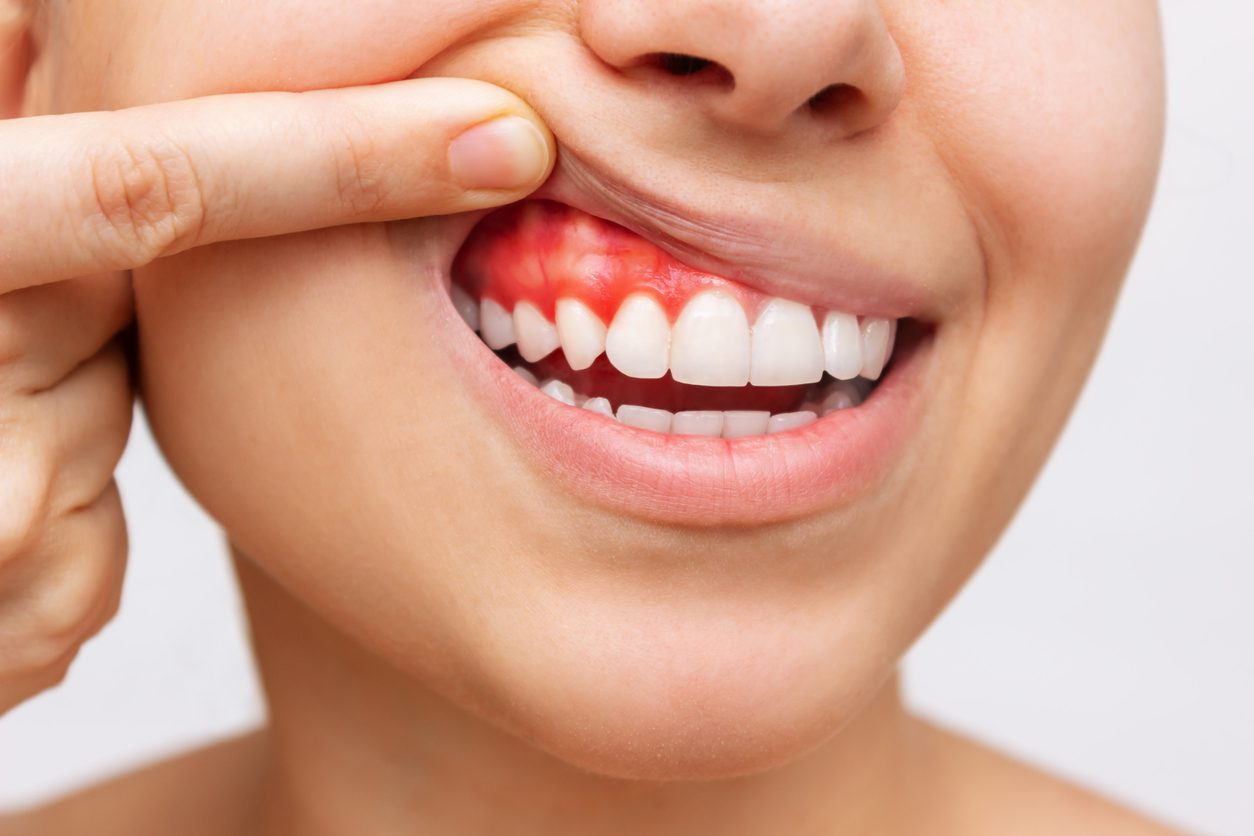What’s the connection of oral health to overall health?
Our oral health can serve as a window to the rest of the body, giving signals that something may be off in systems other than the mouth. For example, mouth lesions may signify an HIV infection. Incessant bleeding of gums may indicate a possible blood disorder. Bone loss in the lower jaw may be an early sign of skeletal osteoporosis, and tooth loss can also be a visible effect of an eating disorder. On the other hand, oral conditions may also have an impact on your overall health. Our bodies contain trillions of microorganisms, outnumbering human cells, and our mouths are no exception. Your mouth is teeming with good bacteria that helps break down your food! Though most bacteria in our mouths are harmless, there are instances wherein they can cause various diseases when neglected, especially if they can make it into the bloodstream from the mouth. This typically only happens if you have severe cavities, or other issues which bacteria can use to enter the bloodstream.Conditions that are linked to your oral health
-
-
Endocarditis – Endocarditis is an infection found in the inner linings of your heart chambers, spread through the bloodstream. It is caused by bacteria and germs, which may originate from your mouth.
-
-
-
Cardiovascular disease – Current studies suggest that clogged arteries may be associated with infections caused by oral bacteria.
-
Pregnancy & birth complications – Individuals who have periodontitis may have higher risks of premature birth, or lowered birth weight.
-
-
-
Pneumonia – Bacteria in your mouth can also make its way through your lungs, causing respiratory diseases such as pneumonia.
-
Preexisting medical conditions may also affect your oral health including:
-
-
Diabetes – Individuals who have diabetes may put their gums at risk, as the body is less able to fight off infections. Severe forms of gum disease are more evident in people who have diabetes.
-
-
-
Osteoporosis – More than just weakening the bones in the body, osteoporosis may also lead to periodontal bone and tooth loss. Medication used to treat osteoporosis also carries a small risk of damage to the bones of the jaw.
-
Work with a dentist you’re most comfortable with
The easiest way to combat oral health problems is to practice good oral hygiene. It may be as simple as brushing your teeth at least twice a day and flossing daily to remove food remnants that breed bacteria.
Beyond practicing good oral hygiene, you need to follow through with your regular dental appointments to make sure your oral health is in optimal shape. Don’t ignore what you may think is just a simple toothache or an irritation in your gums—it may be an early sign of an oral health problem that needs immediate attention.
Why not see the best dentist in Wellington? Visit Nae Nae Dental Clinic at the first sign of an oral health problem. We are open seven days a week, so book your appointment today!





